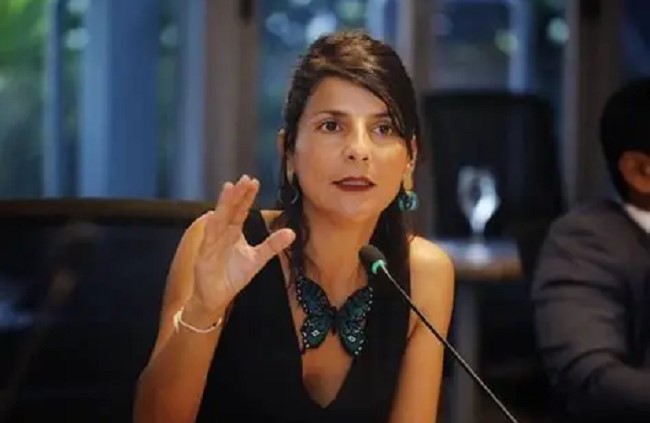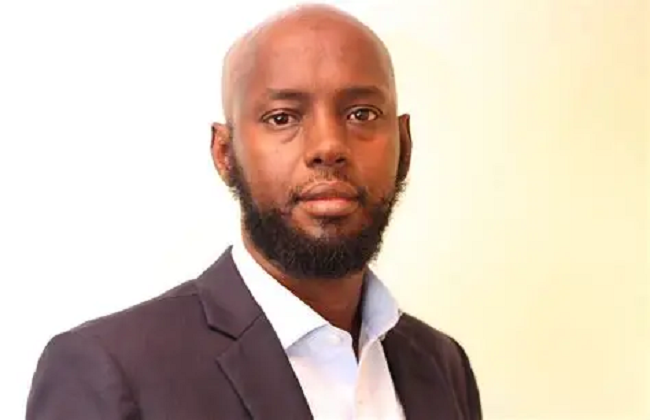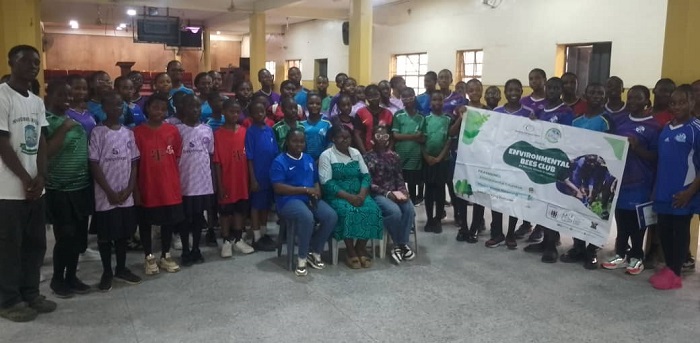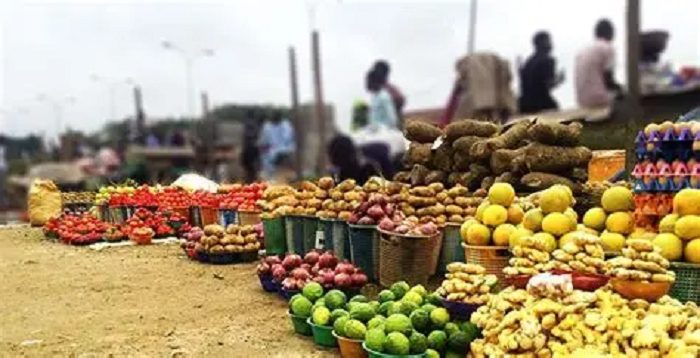Africa needs a COP30 outcome that matches ambition with delivery, the Pan African Climate Justice Alliance (PACJA) has said.
According to the Kenya-based group, ambition in the context of Africa means funding, and not any other superficial rhetoric.
“Anything less would be a failure of leadership and a betrayal of the world’s most climate-vulnerable region,” PACJA declared in a position statement of African civil society ahead of the conclusion of COP30.
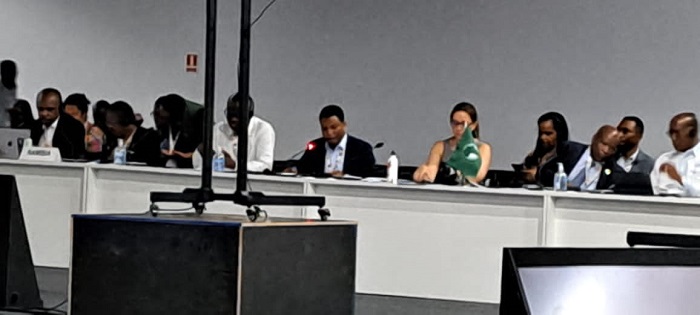
The activists called for a final COP30 package that includes:
- A strong Article 9 decision rooted in the Belém Work Programme
- Scaled, predictable adaptation and loss & damage finance.
- A robust Response Measures workplan that protects African economies.
- A fair, equitable transition roadmap that supports energy access and industrialisation.
- Full operationalisation of Africa’s Special Needs and Circumstances.
The African Non-State Actors on climate justice, under the umbrella PACJA, listed core issues, positions and demands to include: Africa’s Special Needs and Circumstances; Finance: Delivering Article 9 with Precision, Predictability, and Justice; Response Measures: Protect the Mandate, Defend Africa’s Economies; Fossil Fuels, Just Transition, and Energy Access; Adaptation, Loss & Damage, and Protection of Lives and Livelihoods; and Gender.
On Africa’s Special Needs and Circumstances, the climate activists demanded:
- Explicit recognition of Africa’s special needs and circumstances across all final decisions.
- Flexibility for African countries in applying global rules and reporting requirements
- Priority access to finance, technology and capacity-building.
- Guarantees that Africa will not be penalised economically for a crisis it did not create
On Finance: Delivering Article 9 with Precision, Predictability, and Justice, they called on Parties to:
- Make Article 9.1 obligations real
- Developed countries must provide predictable, public finance, primarily grants and concessional lending
- Adopt a binding workplan with annual reporting and accountability.
- Establish four workstreams tailored to African needs
- Support Pathways: clear targets for public finance and adaptation shares.
- Mobilised Finance (Art. 9.3): protect the separation between obligatory public finance and non-obligatory private mobilisation.
On Fossil Fuels, Just Transition, and Energy Access, they demanded:
- A fair sequenced or differentiated, and well-financed phaseout roadmap aligned with Africa’s development needs.
- Recognition of Africa’s right to transitional energy solutions, including time-bound, Paris-aligned natural gas use.
- A stronger Just Transition Work Programme supporting skills, jobs, industrial policy, and diversification.
- Guaranteed linkages between JT finance and priorities such as critical minerals, manufacturing, and green industrialisation.
- Formal recognition of energy access as a climate goal, unlocking resources to serve households, rural economies and social services.
On Adaptation, Loss & Damage, and Protection of Lives and Livelihoods, they demanded:
- More than triple adaptation finance by 2030, with a clear public-finance pathway
- A fully capitalised Fund for Responding to Loss and Damage with new, additional, predictable finance, and as a guarantee mobilised from public sources.
- Fast-track support for resilient agriculture, water and health systems, coastal protection, and community adaptation complimented with early warning systems.
On Gender, they demanded:
- Adequate, predictable, accessible gender finance, including direct access for African women-led and feminist groups
- Mandatory gender integration across mitigation, adaptation, finance, L&D, and technology, with clear indicators.
Accountability and monitoring, including reporting on gender commitments and resource allocation.
- Meaningful participation, ensuring African women, especially young, frontline, and marginalised groups hold decision-making power, not token roles.


